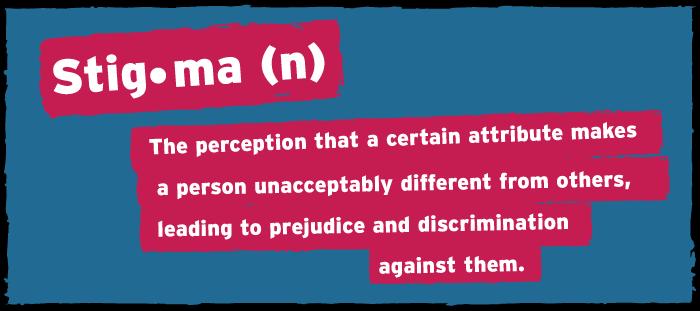
On 4 July, the Supreme Court bench comprising justices Dipak Misra and C Nagappan, assigned senior advocate, Rajeev Dhavan, an interesting assignment to be executed before 1 August.
Rajeev Dhavan has been asked to come up with precedents that the word 'lapse' does not convey any stigma.
Rajeev Dhavan is the senior counsel for Industrial Finance Corporation of India Ltd, whose order of termination of an employee, under probation, on the ground of his 'lapses', was the subject of the dispute before the bench.
The employee, SP Sharma, claims that the order of termination, insofar as it refers to his lapses, is stigmatic.
The division bench of the Delhi high court accepted his contention, and directed his reinstatement.
The IFCI has appealed against the Delhi high court's judgment in the Supreme Court, on the ground that the word 'lapse' does not convey the meaning of stigma, and therefore, the order of termination does not suffer from any infirmity.
Unlike the Supreme Court, the high court did not find any merit in going through precedents on the ground that there is a subtle distinction between 'work not being found satisfactory' and a finding of 'lapses in the performance of one's duty'.
The high court reasoned that in the case of the former, it would not be stigmatic, because 'being satisfied with one's work' is a relative term, and a future employer may find the same employee, who was terminated, satisfactory.
The finding of lapses, on the other hand, is a question of law and facts, and not a matter of opinion, and therefore, would be stigmatic.
threads most popular
thread most upvoted
comment newest
first oldest
first
threads most popular
thread most upvoted
comment newest
first oldest
first